The Collected Works of Lala Lajpat Rai (Volume 8)
Synopsis
Lala Lajpat Rai was one of the outstanding leaders of modern India, a contemporary of Dadabhai Naoroji, Tilak Gokhale and Gandhi. His public life spanned the last decade of the nineteenth century and the first three decades of the twentieth century. He practised law at the Lahore Chief Court and built up a lucrative practice, but was drawn very early into public activities pertaining to religious, educational and social reforms and then into nationalist politics. His arrest and deportation without trial to Burma in 1907 created a great sensation in India. He spent the war years (1914-18) in the United States propagating the Indian case for self government. He returned to India in 1920 and had the honour of presiding over the Calcutta Session of the Indian National Congress which approved of Gandhi's campaign for non-cooperation with the government. He was deputy leader of the Swaraj Party in the Central legislative Assembly and played a prominent role in provincial as well as national politics in the 1920s. While leading a demonstration against the Simon Commission at Lahore in 1928 he received injuries in an assault by the police which hastened his death. This volume is the series The Collected Works of Lala Lajpat Rai covers a period of nearly fourteen months, from January 1919. The War was over in November 1918. Lajpat Rai had been in the United States for five years, but his self-imposed exile was to last for another year while he waited for a passport from the State Department to return to India. Thus he observed the emergence of Gandhi on the Indian political scene from the United States. Though not fully agreeing with Gandhi ‘in all his ideas’, Lajpat Rai was delighted by Gandhi’s Satyagraha campaign against the Rowlatt Act. The campaign, however, had hardly lasted for two weeks when it was suspended by Gandhi because of mob violence which erupted in Bombay. Ahmedabad and other places on the news of his arrest. The subsequent events-the Jalianwala Bagh massacre, the promulgation of the martial law and the brutal repression by the government-stirred Lajpat Rai to his depths. In a series of letters to Gandhi, he expressed his whole-hearted admiration for his principles and methods of fighting injustice and oppression. Lajpat Rai landed at Bombay on 20 February 1920 and was accorded a warm welcome at a public meeting presided over by M.A. Jinnah. Among the eminent leaders, who were present and paid tributes to Lajpat Rai’s contribution to the cause of Indian nationalism, were Lokmanya Tilak and Annie Besant.
Read more
37.80
34.02
$
42.00 $
Free delivery Wolrdwidе in 10-18 days
Ships in 1-2 days from New Delhi
Membership for 1 Year $35.00
Get it now and save 10%
Get it now and save 10%
BECOME A MEMBER

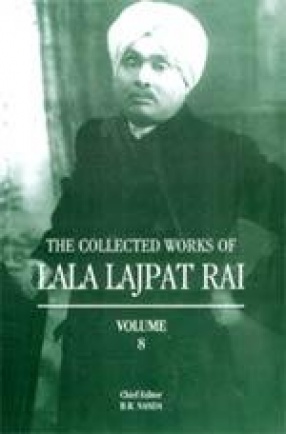

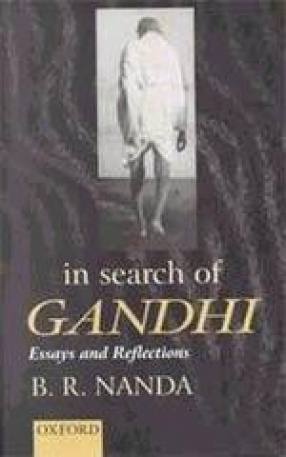
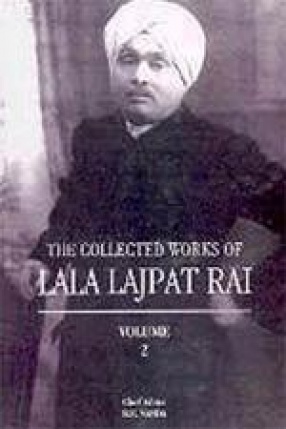
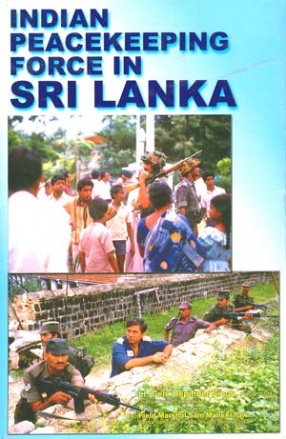
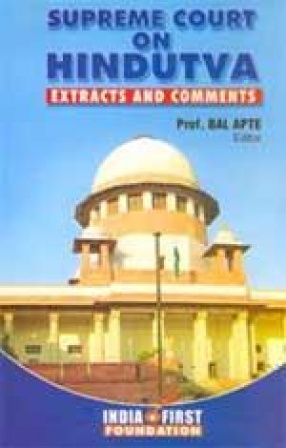



Bibliographic information